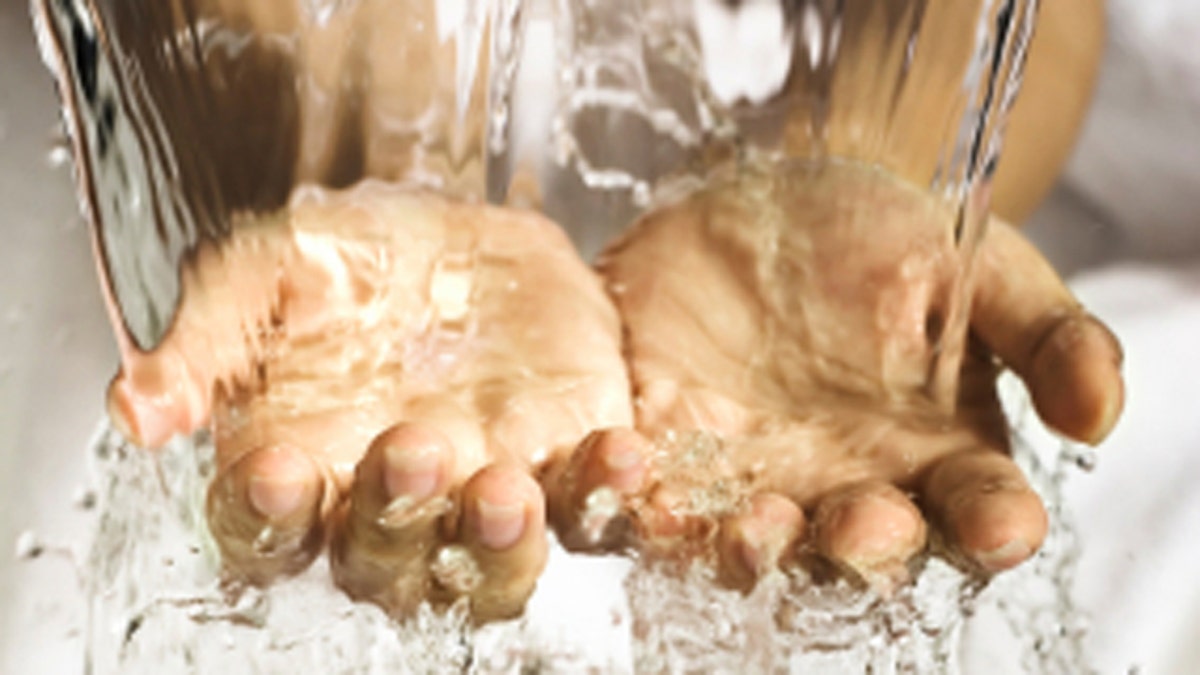
(iStock)
At the end of a long day working as a butcher, Lisa Melland would like nothing more than a relaxing soak in the tub.
But however hot and bothered she gets, the thought of even washing her face fills her with dread. Melland, 27, has a one in a hundred million medical condition - she is allergic to water.
She is one of only a handful of humans whose bodies have rebelled against life's most vital ingredient. Even just a few splashes can cause her skin to flare up, itch and burn. Sometimes she scratches until she bleeds.
Melland, of Bakewell, Derbyshire, developed aquagenic urticaria seven years ago.
"I'm told there are only 40 cases in the world. It started out of the blue. I suddenly found that washing brought me out in a rash over my arms, trunk and upper body. I thought there must be some chemical in our supply, but the same thing happened when I came into contact with any water," Melland said.
Since then, life has become a misery.
Getting wet is a no-no. She carries a fold-up umbrella in her handbag in case it rains and has to use wipes to clean her hands and face. Swimming is out of the question and even tears bring out blotches on her face.
The skin usually takes a couple of hours to settle down and it never clears entirely. She braves a quick shower in the evening then sits smothered in hypoallergenic lotion, waiting for her body to return to normal.
Doctors and skin specialists are baffled by the allergy.
"I remember the first visit to a dermatologist. He literally blew the dust off an old medical encyclopedia to discover what my allergy was. Since then, all the medics have treated me as a guinea pig," she said.
Nina Goad of the British Association of Dermatologists said, "Aquagenic urticaria might be associated with elevated blood histamine levels, but there are other processes at work. There is no known cure and the precise causes remain unclear."
Melland has been prescribed endless pills and potions, anti-histamine drugs, tried Chinese medicine, homeopathy, washed in distilled water, filtered water, boiled water, even salt seawater but the problem has become worse.
Melland and her husband Ian, who work in the family farm shop at Dronfield Woodhouse, Derbys, have put much of their life on hold in the hope that her misery can somehow be ended.
Their personal and social lives have suffered. They sleep in separate beds as physical contact can be so uncomfortable for her.
"I'm hoping one morning I might wake up and find that whatever it is that's causing my condition has stopped," she said.
